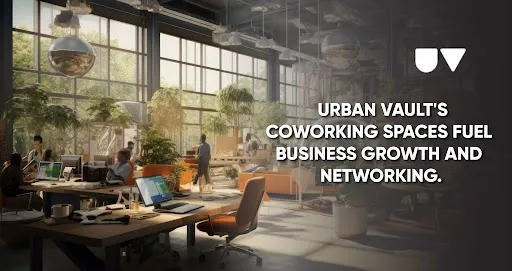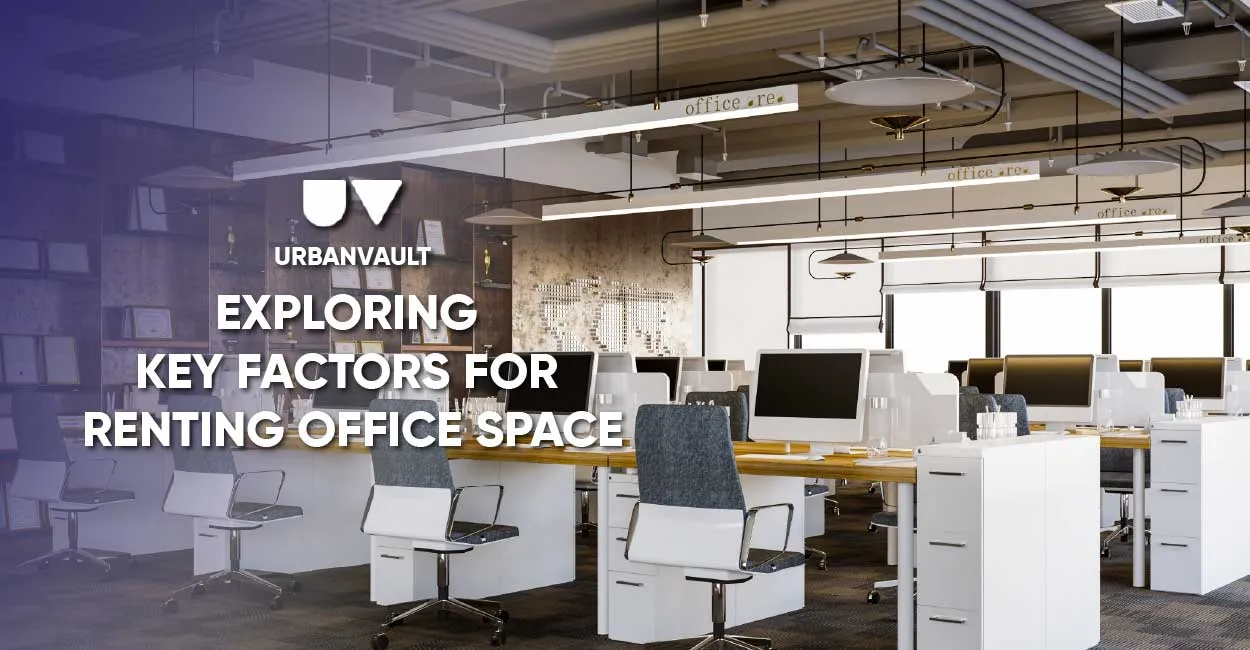FAQ
What types of office spaces does Urban Vault offer?
Urban Vault provides customized office spaces, versatile coworking spaces, and fully managed office spaces to cater to diverse business needs.
Is Urban Vault suitable for startups and freelancers?
Yes, Urban Vault is ideal for startups and freelancers. Our coworking spaces provide a dynamic environment that fosters collaboration and innovation.
Is there professional support available at Urban Vault's managed office spaces?
Yes, our fully managed office spaces come with professional support staff to handle administrative tasks, allowing you to focus on your core business.
Can I customize my office space at Urban Vault?
Absolutely! We understand the importance of personalization. Our team will work with you to create a workspace that aligns with your unique requirements and preferences.
What is the per seat cost at Urban Vault?
Per seat cost at Urban Vault depends on the Location. It can cost anywhere between Rs. 6999/- to Rs. 9999/- per seat depending on the area.

.webp)
.webp)







.webp)
.webp)



%20(1).webp)












%20(1).webp)









.jpg)




